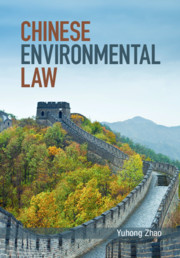A decision will soon have to be taken regarding the renewal of approval of glyphosate at the European Union (EU) level; this pesticidal active substance, however, is more controversial than ever. This article critically assesses various strategies pursued by EU Member States and regional authorities which challenge the EU approach to glyphosate and aim to safeguard their higher levels of public health and environmental protection. It reflects on the prospects of success of these strategies, and their compatibility with EU law. The analysis includes the action for the annulment of glyphosate's 2017 reapproval brought by the Brussels-Capital Region, the Austrian attempt to enact a blanket ban on glyphosate-based pesticidal formulations, and the more sophisticated strategies pursued by Luxembourg and France. The article concludes that the French strategy is effective in risk regulation terms, and compatible with EU law. Nonetheless, adopting the French approach may prove rather difficult for other Member States, as a result of both structural-regulatory and practical constraints. Rather, an EU-wide strategy on glyphosate is urgently needed.


